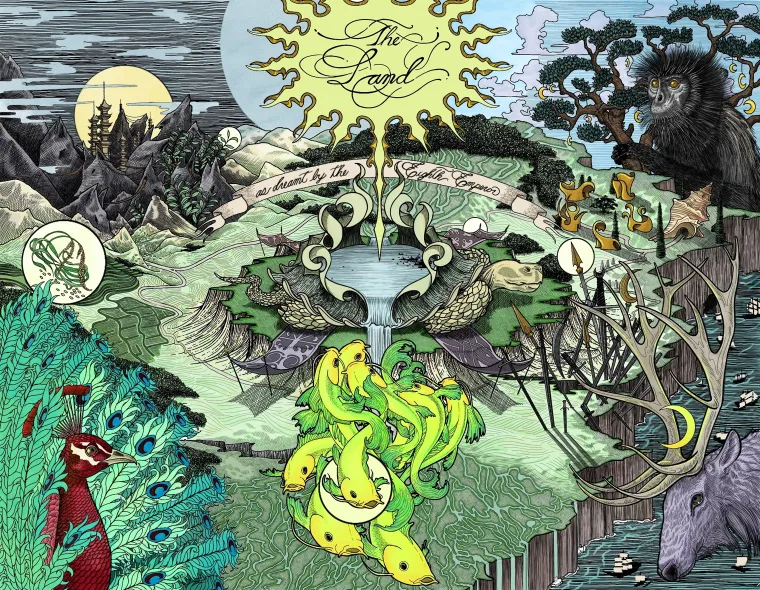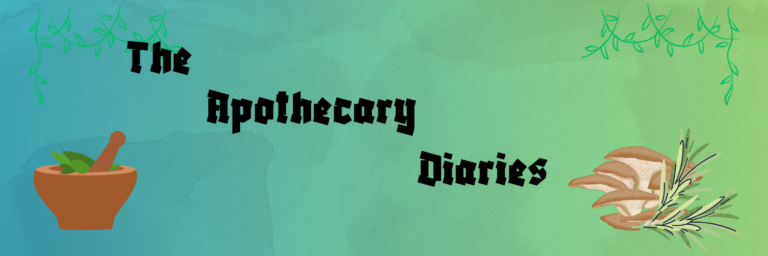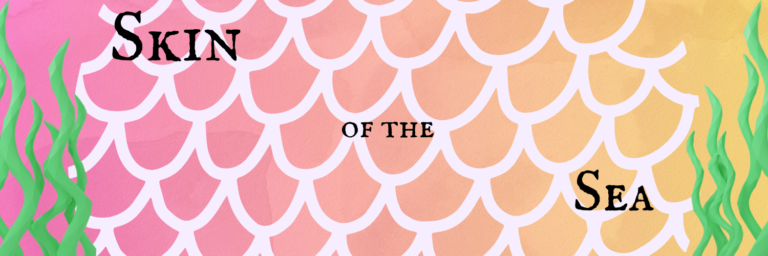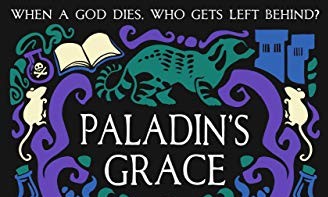Top Ten Dystopian Books I would Assign Together in A Lit Class
I’m not a teacher or anything but I had several family members who were teachers and I can’t help but think about what a class would be like if they came across different books. I also like playing the “this feels a lot like this other book…” game. So this is a list of books that not only feel similar but would probably get some cool conversations going in a classroom. That being said this is in a super hypothetical sense because a lot of these, like A Clockwork Orange, have some intense scenes that have to be handled and delivered to classes properly. So like a college level Lit class. With adults. Because consequences.

The Road
A father and his son walk alone through burned America. Nothing moves in the ravaged landscape save the ash on the wind. It is cold enough to crack stones, and when the snow falls it is gray. The sky is dark. Their destination is the coast, although they don’t know what, if anything, awaits them there. They have nothing; just a pistol to defend themselves against the lawless bands that stalk the road, the clothes they are wearing, a cart of scavenged food—and each other.
The Lesson Plan
A good starting place. It has an odd writing style foregoing punctuation and dialogue norms. It reads like an anxiety fueled stream of thought as the man desperately strives to keep himself and the boy alive. There are many allusions to religion and the boy being a Christ like figure that can spark great conversations and ideas. Motivation to continue and the eventual ironic resolution leads to layers and layers to pull apart and analyze. It is a compelling story that resonates with today’s audiences and should be a good place to get the class engaged.
I read it when I was a teenager and I only remembered reading bits and fragments. I just reread it for a college course and I have to say it hit different. The harsher themes had more resonance and now that I have experienced loss and fear it gave more weight to what the man is going through. The themes in a stream of thought unconventional writing style speak loudly to fears that have been quietly simmering in the back of society’s mind.
A Clockwork Orange
In Anthony Burgess’s influential nightmare vision of the future, criminals take over after dark. Teen gang leader Alex narrates in fantastically inventive slang that echoes the violent intensity of youth rebelling against society. Dazzling and transgressive, A Clockwork Orange is a frightening fable about good and evil and the meaning of human freedom.

The Lesson Plan
There are incredibly graphic scenes and it can be triggering depending on audience. Playing off the same unconventional writing style from The Road, A Clockwork Orange has its own language constructed through a futuristic slang. The main character is a violent teenager running rampant on the streets with no consequences or conscience. After a wild bout of ultra-violence Alex ends up in a behavior modification program forcing him to through aversion therapy robbing him of the ability to enjoy the things he did before. There are a lot of things to discuss with this one, the sociopathic tendencies of Alex, the questionable ethics of the Ludovico Technique, and the repercussions of Alex returning to society. Even the book bannings, not just because of the contents of the novel but because of the copycats that popped up in response emulating Alex’s wanton violence. Again, this is a rough read but there is a lot to look at and can really impact how students look at several layers of crime.
A friend of mine recommended it to me and when I first cracked it open I felt myself going cross-eyed. It was literally on the third page where I felt it click and all the sudden I was a weird sort of fluent in this funky slang. Alex was repugnant but I wanted to stick around to see how his fate played out, to see if there was justice in this future. It… There was a definite feeling of Karma but I don’t know if I would call it real justice. It’s touchy because the violence was similar but it makes the powers that be as “evil” as Alex in a lot of ways to me. I don’t know the “right” answer to handling violent sociopaths like Alex but the moment the “good guys” sink to that level they aren’t really the good guys anymore. Also I have trust issues and it usually means the same treatment could be utilized on those who don’t deserve it. I really don’t know if anyone deserves it, it just feels like one of those too much power moves.

1984
The scene is London, where there has been no new housing since 1950 and where the city-wide slums are called Victory Mansions. Science has abandoned Man for the State. As every citizen knows only too well, war is peace. To Winston Smith, a young man who works in the Ministry of Truth (Minitru for short), come two people who transform this life completely. One is Julia, whom he meets after she hands him a slip reading, “I love you.” The other is O’Brien, who tells him, “We shall meet in the place where there is no darkness.” The way in which Winston is betrayed by the one and, against his own desires and instincts, ultimately betrays the other, makes a story of mounting drama and suspense.
The Lesson Plan
Big Brother is something in our digital age that feels all too real. 1984 opens up the conversation to how much power should the people give to those in charge and what do the ones in charge do with that power. The idea of a Thought Police or any sort of equivalent especially when attached to our cancel culture is rather terrifying and almost feels a little too close to home. This is the one I feel does land in the classroom the most already. I feel the whole conversation is lost when it is presented by itself without something like Brave New World or like A Clockwork Orange to see how societies can give away their agency.
This was the one that really got me into thinking about the class idea. I read this post high school and because of the way everybody would refer to it. I read Brave New World right after and they just felt like they belonged together, one the control of one truth the other a smothering array of truths so none of them had any meaning anymore. 1984 wasn’t quite what I expected and it left a pretty pessimistic aftertaste but I do feel it is one of those books modern audiences should read to see the powers that be around them from a different perspective. Not that I think it is based on reality but more of a way to make sure it doesn’t become one.
Brave New World
Set in a futuristic World State, inhabited by genetically modified citizens and an intelligence-based social hierarchy, the novel anticipates huge scientific advancements in reproductive technology, sleep-learning, psychological manipulation and classical conditioning that are combined to make a dystopian society which is challenged by only a single individual: the story’s protagonist.

The Lesson Plan
There is a lot in Huxley’s future that is in our present. Consumer culture and conditioning and scientific advancement are main stage in this dystopia. Everyone is “happy” and they have little commitment to anything outside themselves. People are produced not born and they are designated class before they even draw breath, pre-determined worth before they open their eyes. There are lots of things to analyze as far as the human condition and what drives us to live versus just existing.
A work friend of mine found out I was reading 1984 and enthusiastically recommended this one so she could have someone to talk to about it. Reading them back to back was a bit of an eye-opener. 1984 was a system that functioned on suppressing the truth where Brave New World takes away the power of truth by having multitudes presented. The storyline was a little odd and a part of me wants to go back and read it again.
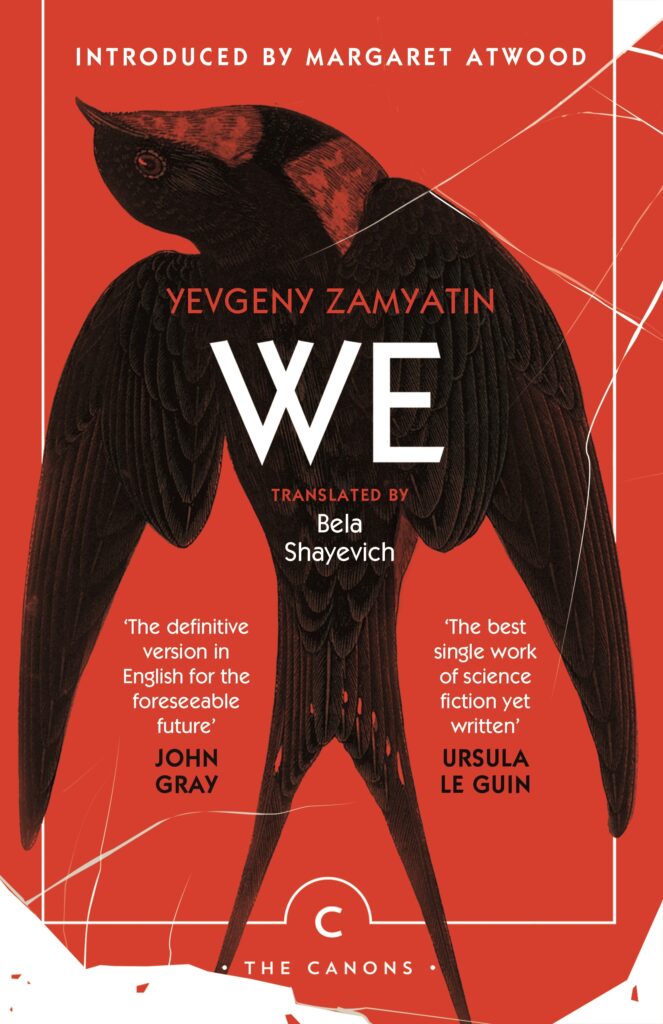
We
In a glass-enclosed city of absolute straight lines, ruled over by the all-powerful ‘Benefactor’, the citizens of the totalitarian society of OneState live out lives devoid of passion and creativity – until D-503, a mathematician who dreams in numbers, makes a discovery: he has an individual soul. Set in the twenty-sixth century AD, We was suppressed for many years in Russia and remains a resounding cry for individual freedom, yet is also a powerful, exciting and vivid work of science fiction. Clarence Brown’s brilliant translation is based on the corrected text of the novel, first published in Russia in 1988 after more than sixty years’ suppression.
The Lesson Plan
As a student I like following the chain of inspiration and thought. We has long since been considered the beginning of the dystopian genre and helped inspire 1984, Brave New World, and other works that sprouted in this genre. There are many things to look at like the literal glass homes the society lives in and how they are observed 24/7. Even the influence of the illegal behavior of I-330 on D-503 and how it can create cracks in a person’s faith in the system. Analyzing right and wrong in a world like this can open the conversation to a lot of grey in morality.
This one has been so difficult to get my hands on. It pops up every time I do an in-depth dig into this genre. Three different library systems, not including the three separate college libraries I’ve looked through. I don’t know if it’s a book ban issue or if the interest is really not there. I haven’t read it as of yet but I am putting it on this list since it did inspire so many quintessential novels on this list. Plus, I feel the more people know about it the more it might become discussed and looked into. And y’know available.
Fahrenheit 451
Guy Montag is a fireman. His job is to destroy the most illegal of commodities, the printed book, along with the houses in which they are hidden. Montag never questions the destruction and ruin his actions produce, returning each day to his bland life and wife, Mildred, who spends all day with her television “family.” But when he meets an eccentric young neighbor, Clarisse, who introduces him to a past where people didn’t live in fear and to a present where one sees the world through the ideas in books instead of the mindless chatter of television, Montag begins to question everything he has ever known.
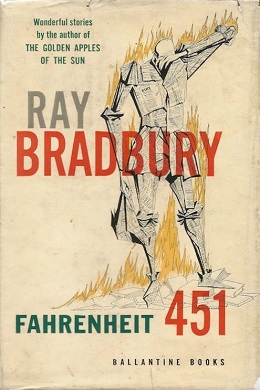
The Lesson Plan
The book about burning books and censorship and ironically ends up on the banned books list often. It points out fighting against conformity and thinking for yourself rather than just going along with what you are told. It points out in a very modern way the problems that could arise with a heavy reliance on technology. Bradbury was pretty on the nose with how tech has developed especially things like VR and how society would lean on it. The literal destruction of knowledge and willingness to throw away identity in order to stay ignorant of the reality around them is an incredibly relevant topic today and could generate great conversations. This plays off the power of being able to think critically like in We.
My high school lit classes did not give me a lot of these books so I ended up reading them more in my early college days because I could feel the hole they were meant to occupy. My older sister really liked this one and I’m not going to lie it took me a minute because I really do struggle with book gore. I don’t like watching literature getting brutalized and it’s literally in the title. 451*F is the temperature at which book paper burns and that horrified my poor delicate sensibilities. The story is one of the easier ones to follow and I really remember feeling like the old lady who was determined to burn with her books. I’m with her.
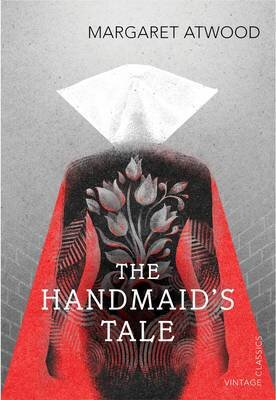
A Handmaid’s Tale
Offred is a Handmaid in the Republic of Gilead. She may leave the home of the Commander and his wife once a day to walk to food markets whose signs are now pictures instead of words because women are no longer allowed to read. She must lie on her back once a month and pray that the Commander makes her pregnant, because in an age of declining births, Offred and the other Handmaids are valued only if their ovaries are viable. Offred can remember the years before, when she lived and made love with her husband, Luke; when she played with and protected her daughter; when she had a job, money of her own, and access to knowledge. But all of that is gone now…
The Lesson Plan
There is a lot to cover with women’s rights and how the control of others is still an issue even if our world doesn’t look quite like Offred’s. Fertility and abortion are hot button issues right now and this novel sets a stage where women have little to no say in their own lives because of their fertility. There are a lot of conversations and points to be made about what the women have to endure and the kind of society that is presented in this book and it plays off the regulation of knowledge and implementation of ignorance as a control like in Fahrenheit 451.
Now that the Hulu show is out everyone is talking about it. I read this on a friend’s recommendation and I remember not know what the heck was going on at first. Now, as I have aged and seen more of the women’s rights issues going on this hits on different fears. My first impression of Offred wasn’t super flattering but now as I have revisited it she felt like a survivor and one who did what she had to in order to survive and navigate the system.
The School for Good Mothers
Frida Liu is struggling. She doesn’t have a career worthy of her Chinese immigrant parents’ sacrifices. What’s worse is she can’t persuade her husband, Gust, to give up his wellness-obsessed younger mistress. Only with their angelic daughter Harriet does Frida finally feel she’s attained the perfection expected of her. Harriet may be all she has, but she’s just enough.
Until Frida has a horrible day.
The state has its eyes on mothers like Frida — ones who check their phones while their kids are on the playground; who let their children walk home alone; in other words, mothers who only have one lapse of judgement. Now, a host of government officials will determine if Frida is a candidate for a Big Brother-like institution that measures the success or failure of a mother’s devotion. Faced with the possibility of losing Harriet, Frida must prove that she can live up to the standards set for mothers — that she can learn to be good.
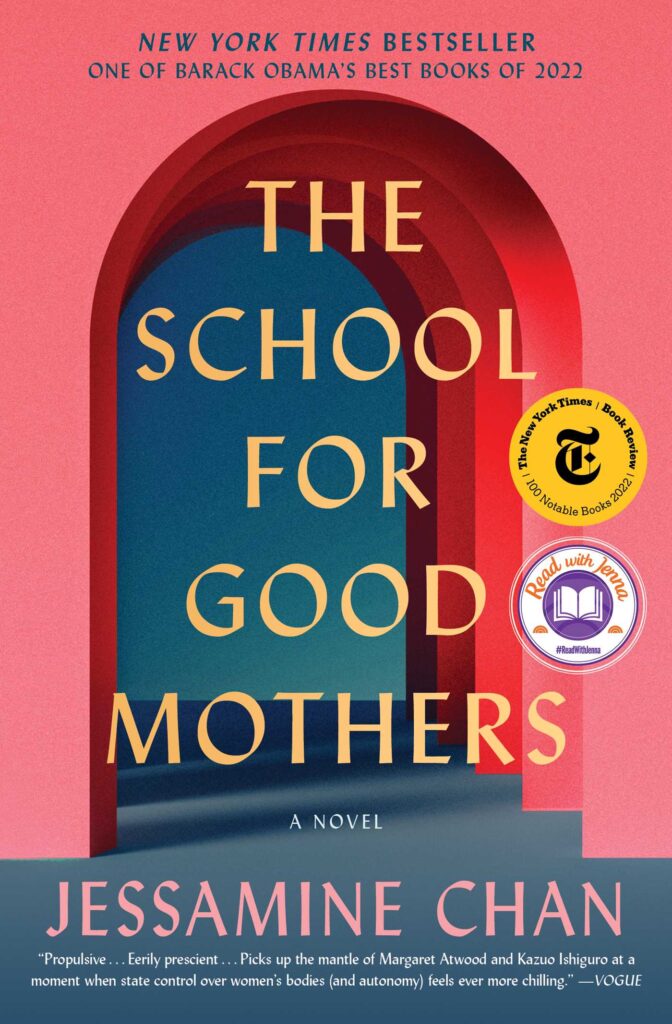
The Lesson Plan
This is a very real hyperbole about parents being people and how their identities shift when they become parents. Frida’s situation after her bad day is a reality a lot of parents fear and some have gone through. There is a lot to discuss as far as parents’ rights and children’s rights and how much the government should be involved. There is a lot of conditioning, that when hearing the outside opinions on how to be a good parent, especially from those don’t even have kids, it was a little cringe-worthy. Playing off the women’s rights discussion from A Handmaid’s Tale there is a lot to look at as far as being a parent and what that should look like.
This is a recent release that I read and it was unnerving how real some of the moments were. It is very much an exaggeration of today’s society but things have shifted so drastically since I was a child that the definition for abuse has shifted as well. I grew up playing outside by myself, occasionally walking to and from school, and spending a few hours at home alone while my parents were at work. Now kids can’t get off the bus alone or even be left in the yard by themselves without Child Protective Services getting a call. Some of it I understand but some of it I feel is a paranoid overreaction to potential threats. I say this in the ignorance of nothing having gone wrong in my past but I know those who have met with tragedy feel differently. It just boggles my mind how parents can get anything done with the stricter and stricter regulations on time and presence.
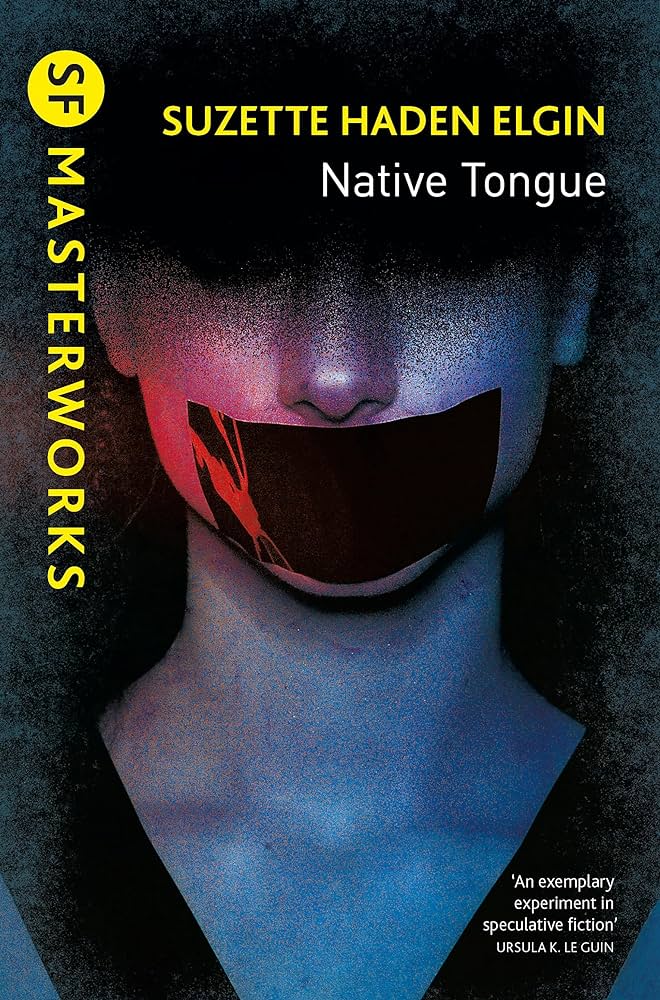
Native Tongue
Set in the twenty-second century, the novel tells of a world where women are once again property, denied civil rights and banned from public life. Earth’s wealth depends on interplanetary commerce with alien races, and linguists–a small, clannish group of families–have become the ruling elite by controlling all interplanetary communication. Their women are used to breed perfect translators for all the galaxies’ languages.
Nazareth Chornyak, the most talented linguist of the family, is exhausted by her constant work translating for trade organizations, supervising the children’s language education, running the compound, and caring for the elderly men. She longs to retire to the Barren House, where women past childbearing age knit, chat, and wait to die. What Nazareth comes to discover is that a slow revolution is going on in the Barren Houses: there, word by word, women are creating a language of their own to free them from men’s control.
The Lesson Plan
Another that plays into women’s rights and how society sees the reproductive capability as a tool or asset rather than seeing women as people. This plays with language and shows how controlling language can control whole societies. The women are used to produce ideal translators again being used as property. Elgin uses language to create perception of reality and shows how language can impact worldview. There are many things today in language, like pronouns and being politically correct that could be discussed. Even things that are inherent to English, like using dark as a negative compared to light which can have impact on how people perceive things like race.
Like We, this one is hard to find. It’s a sci-fi (I suppose a lot of dystopians are come to think of it) like in space with multiple races and things. I haven’t gotten my hands on this one yet but I really really want to. I’m a sucker for all things linguistics and I really want to see how this is handled.
Red Rising
Darrow is a Red, a member of the lowest caste in the color-coded society of the future. Like his fellow Reds, he works all day, believing that he and his people are making the surface of Mars livable for future generations.
Yet he spends his life willingly, knowing that his blood and sweat will one day result in a better world for his children.
But Darrow and his kind have been betrayed. Soon he discovers that humanity already reached the surface generations ago. Vast cities and sprawling parks spread across the planet. Darrow—and Reds like him—are nothing more than slaves to a decadent ruling class.
Inspired by a longing for justice, and driven by the memory of lost love, Darrow sacrifices everything to infiltrate the legendary Institute, a proving ground for the dominant Gold caste, where the next generation of humanity’s overlords struggle for power. He will be forced to compete for his life and the very future of civilization against the best and most brutal of Society’s ruling class. There, he will stop at nothing to bring down his enemies… even if it means he has to become one of them to do so.
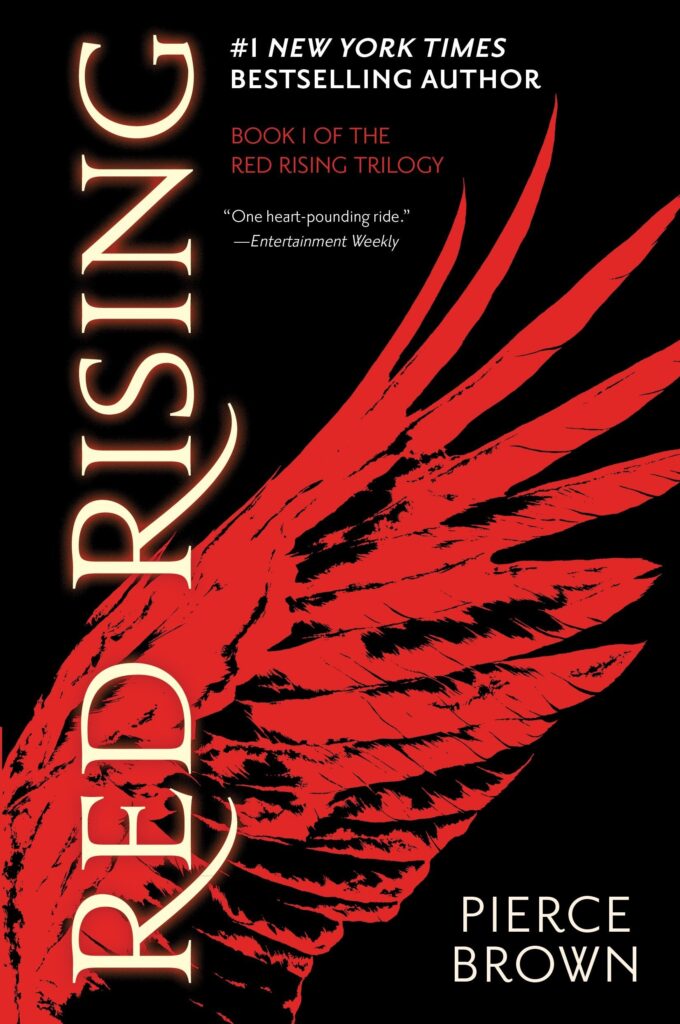
The Lesson Plan
This is more to end things on a modern, adventurous note. The caste system based on color and the way Darrow has to navigate the system to rise to the top gives a lot to talk about as far as class and expectation. I feel it’s good to end on a good story and the storyline of Red Rising is engaging and exciting. There is a lot to look at like oppression and classism and it can be compared to previous works that might have helped inspire Brown to write this series. I’ve seen a major split in responses to the series and it could generate debate on whether or not it is well done or flubbed.
I picked this up on my own and to be honest I am pretty sure it was for the cover. I loved the Roman aspect the color hierarchy is an aesthetic I appreciate. It gave me Hunger Games vibes in space. Mostly I included it because the others feel so heavy and having a bit of an action type story can relieve some of the tension. It also can show how relevant the genre still is and how it is represented today in literature.
